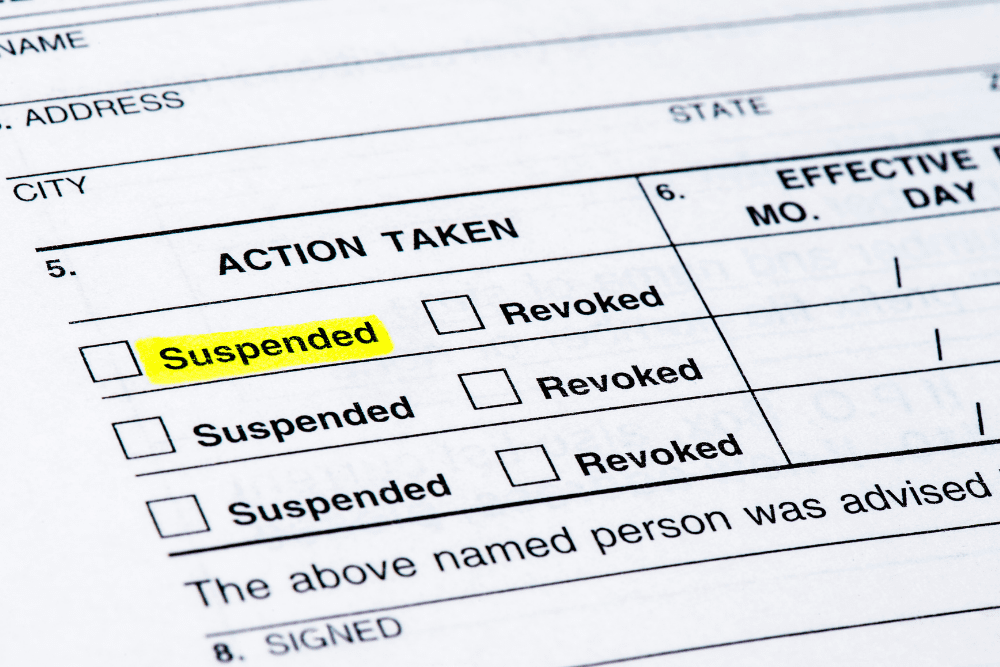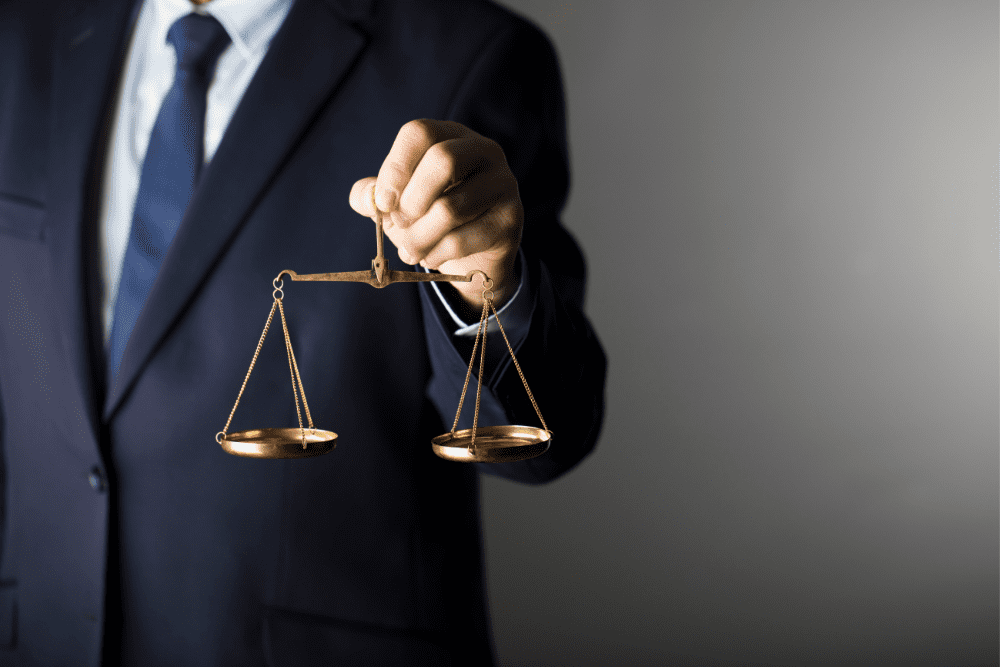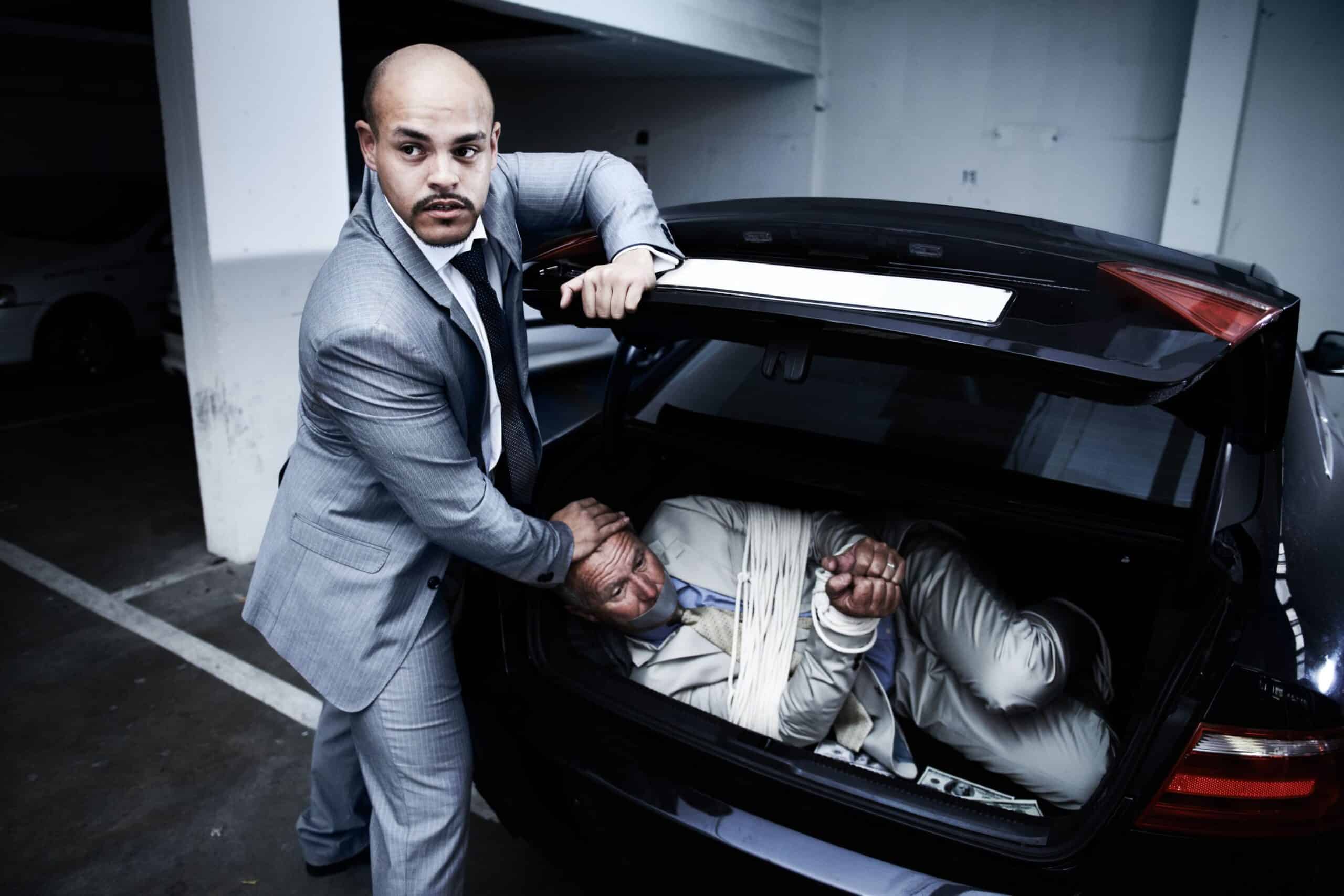License Suspended? Defense Strategies to Fight Your DWI Charges

Andrew & Poole, P.A.

DWI charges can turn your life upside-down. A one-night mistake could lead to thousands of dollars in fines and legal fees, plus jail time.
For some, it can initiate a downward spiral: you lose your license, which keeps you from working, increasing your personal and financial stress — and motivation to drink even more.
But these charges can also act as a wake-up call.
It is possible to get DWI charges reduced or dismissed with a proper defense. But to do so, you’ll need to jump into action now.
DWI Charges in Minnesota
Let’s start with the DWI process in this state. “Driving While Impaired” encompasses both drugs and alcohol, but we’ll focus more on alcohol for now, since it’s a legal substance.
Regarding alcohol, Minnesota considers 0.08% the legal blood concentration limit for driving. You might be pulled over by a single officer or in a routine DWI check-point along a major thoroughfare.
The officer will likely ask for a breathalyzer test to get a rough reading of your blood alcohol content.
They might request that you perform Field Sobriety Tests (FSTs). You’ve probably seen these countless times in movies: horizontal gaze, walk-and-turn, and one-leg stand. You may have laughed at them on-screen, but in real life, failed FSTs can be used as serious evidence in court.
If either test indicates intoxication, the officer will arrest you for a DWI with probable cause. They must arrange for an alcohol content blood sample test as quickly as possible.
From there, your case goes to a specialized court focused on nonviolent drug and alcohol offenses. Keep in mind that if you commit other crimes while intoxicated, like theft or manslaughter, your case gains much greater complexity.
You might already notice how many steps there are to the DWI process. Each step along the way provides an opportunity for defense. Here are just a few:
Lack of Probable Cause
If you can prove the police lacked probable cause for the traffic stop, all the evidence gathered thereafter may be thrown out.
Probable cause should include a specific reason. In other words, the police need to see a particular violation to pull you over, like missing a turn signal or swerving between lanes.
In court, the police must provide the concrete reason for the stop. “Just a hunch” won’t count.
Routine DWI check-points are excluded from the probable cause defense.
Inaccurate Blood Test
Substance levels in our bloodstream change all the time. That’s why doctors ask patients to fast before blood work.
Because of this variability, you might argue with blood test results on several grounds:
- The officer did not execute the test expediently
- The lab technician was incompetent
- The blood sample integrity was compromised by improper storage, contamination, or mislabeling
Mistake of Fact or Involuntary Intoxication
Sometimes you might drive impaired truly without knowing. A couple common circumstances for this situation might include:
- Side effects of a prescribed medication lasting beyond the typical time frame
- Consuming alcohol in a spiked beverage
Conditions Make You Appear Intoxicated
You may have failed FSTs because of legitimate medical or otherwise internal conditions, not external substances.
- Diabetic ketosis – this condition creates an alcohol-like breath smell, even if the person hasn’t been drinking
- Allergies or medication – symptoms or side effects can make your eyes bloodshot
- Fatigue – your speech might slur from intense tiredness
- Emotional driving – while still dangerous, this is not a DWI
If you were, in fact, driving while impaired, sometimes the best defense is simply to work on charge reduction. That can start with acknowledging that you might have a problem.
In this vein, drug courts encourage cooperation between prosecutors, defenders, and judges to rehabilitate defendants.

Drug and Alcohol Treatment in Minnesota
There are no official requirements to qualify, but you’re a likely candidate for this sentencing option if you are:
- Under age 25
- A first-time offender
- Claiming alcohol as your primary abuse substance
- New to addiction recovery – you’ve never gone to rehab before
This can be an excellent alternative to jail time. Judges will often consider parole or probation in conjunction with substance abuse treatment programs.
About the Author:
A former Assistant Public Defender for the Sixth Judicial District in Duluth and former staff attorney for the Indian Legal Assistance Program, Brent R. Olson is an experienced trial lawyer who has appeared in every Courthouse in the Sixth Judicial District and taken over three dozen cases to verdict. At LaCourse, Poole & Envall, Mr. Envall focuses on family law, workers’ compensation, and criminal defense. He has a strong belief in restorative justice and helped to develop the Domestic Violence Restorative Circles program.
















